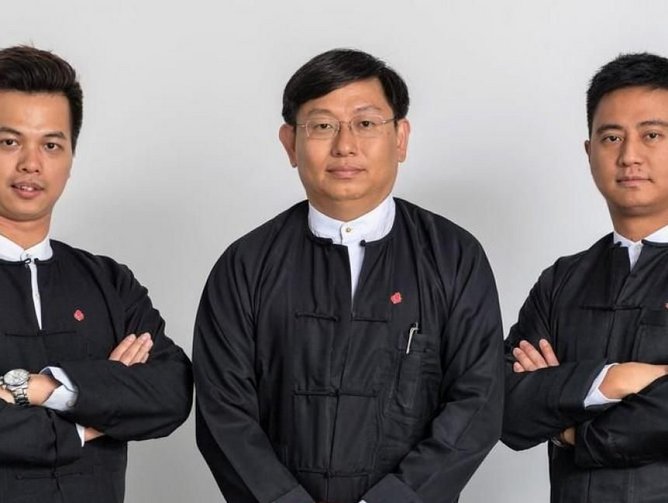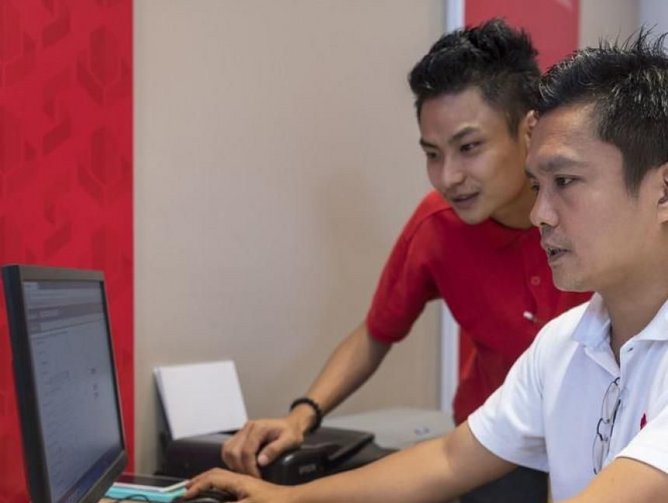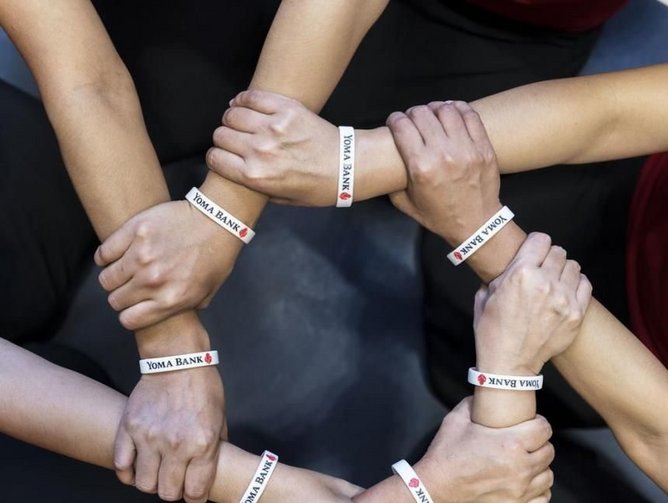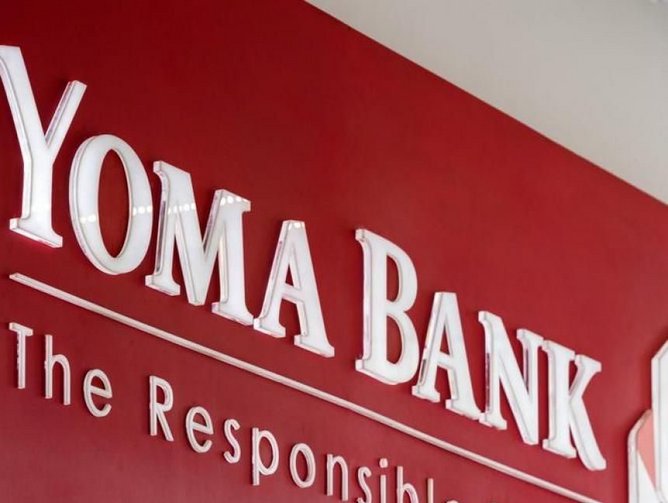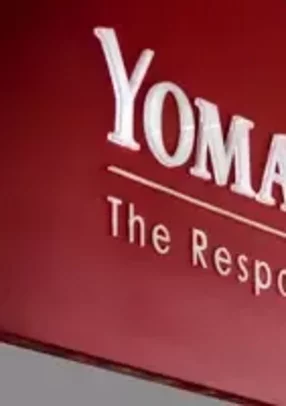As emerging markets go, Myanmar is in a unique position. Just five years ago, a civilian government came to power, with the shift swiftly opening the country up to global markets and trade. This in turn presented a series of diverse challenges for the financial sector – the most pressing of which is to rapidly modernise in order to meet the needs of Myanmar’s people.
With entry of two foreign Telcos growth in the Burmese mobile phone market has reached unprecedented levels, with smartphone penetration now exceeding 70 percent. The widespread availability of Internet-enabled phones is disrupting the provision of traditional banking services, with users increasingly demanding mobile alternatives.
Yoma Bank, one of Myanmar’s largest commercial banks, is working to develop customer-driven solutions that will allow smartphone users to access financial services with the tap of a touchscreen. Since it was founded in 1993, Yoma Bank has led the drive toward innovation in Myanmar’s banking sector. It was the first bank in the country to adopt a computerised accounting system and wireless banking communications. Now, it is readying its customer offering to compete in the mobile world.
“Traditional infrastructure in Myanmar is poor, but telephony is strong,” explains Serge Pun, Executive Chairman of Yoma Bank. “Myanmar has already launched 4G. It’s pretty remarkable that the bulk of country has gone from never having a phone of any sort to having 4G in a matter of 24 months.”
As it stands, customer services in the country’s financial sector are constrained, with branches acting as the only channels of communication between account holders and their banks. However, branch opening hours are restricted from 9am to 3pm Monday to Friday, and this keeps many of the country’s working professionals from accessing financial services altogether.
“Consumer banking is seriously constrained,” Hal Bosher, CEO of Yoma Bank, says. “People use banks as storage facilities for their savings. With the lack of a payments infrastructure, they don’t use accounts as enablers of their day to day lives as they do in other markets.”
Payment architecture is underdeveloped, with many retailers unequipped to handle card transactions. According to Bosher, this renders existing financial institutions “of little use” to the average Burmese consumer. Banks operating under the current paradigm primarily channel credit from one community to another via secured lending. This creates a twofold dilemma: “One: consumers are limited to Myanmar’s bank branches which number roughly 1500 today,” Bosher explains. “Second: you can't borrow money because you need to have physical collateral in order to access credit.”
Yoma Bank has addressed this problem through a partnership with Telenor to launch Wave Money, a mobile money network with more than 4,000 agents across the Country. In parallel the Bank is investing in technology so that customers can access banking services through the smartphone.
Making waves
There are only a handful of mobile operators providing services in Myanmar today, including the state-owned Myanmar Post and Telecommunications (MPT), Qatar's Ooredo and Norway's Telenor. Yoma Bank joined forces with the latter to create a Wave Money, a channel that allows users to transfer money using their smartphone or a local Wave Shop agent. Inclusion is the ultimate aim of the Wave Money venture, with the convenience of its operating model enabling those without a bank account, or access to a branch, to utilise financial services.
Wave Money is available in the form of an Android app, which can be downloaded from the Google Play store, or with the help of one of the thousands of qualified agents across the country. If, for instance, a taxi driver in Mandalay wants to send money home to his family in a rural village, he can visit a local retailer to 'wire' the money to a Wave Money agent near them. If both parties have smartphones, he can simply carry out the transfer using the app.
"The question is, how do you really provide value to the customer so that they switch from cash to digital money, and use it?" Yoma Bank’s Chairman asks.
The digital branch
Yoma Bank realised that in order to compete in both the foreign and domestic banking sectors, it would have to update its IT offering to allow customers to maximise the usefulness of their existing accounts. Bosher and his team wanted a readymade modernisation solution "right out of the box". And leading financial software company Misys had just the technology they were looking for. The company's FusionBanking Essence core banking solution is helping to transform customer experience at Yoma Bank, and bring the bank’s capabilities firmly into the digital age.
“We had an [IT] system which we designed ourselves, but it was very rudimentary,” Bosher says. “This is a quantum leap for us in terms of acquiring a system of this worth.”
Misys’ FusionBanking Essence comes equipped with a mobile and online banking system, enabling Yoma Bank to respond to the increasingly mobile needs of its customers. “The system’s functionality allows us to develop a lot of the digital product,” Bosher says. He recalls that, prior to the firm’s IT overhaul, a lack of processing power limited what they were able to offer customers: “We had to keep the product very simple and very non-bespoke because we just didn't have the functionality to provide people a more tailored offering.”
The bank’s ability to analyse the behaviours of its customers has also been enhanced by its newly-acquired IT update. The ‘core system’ supplied by Misys allows Yoma to “slice and dice” customer data. The more it understands the actions of customers, the more it will be able to tailor its services.
The journey to get customers better service through more channels has just begun for Yoma Bank. The next two years will be crucial for the organisation, as it evaluates the success of its existing strategy and plans next steps. Pun is conscious of not introducing technologies which outpace customer demand. “It's about calibrating the products to the needs of the user and that means a lot of listening,” he says.
At the end of the day, technology simply enables better services. And at the heart of good customer service is an effective corporate ethos — especially in rapidly-developing countries like Myanmar. Pun emphasizes excellent corporate governance “with a lot of transparency”.
“That is really an anchor and I believe that is really is what underpins everything that we do.”
